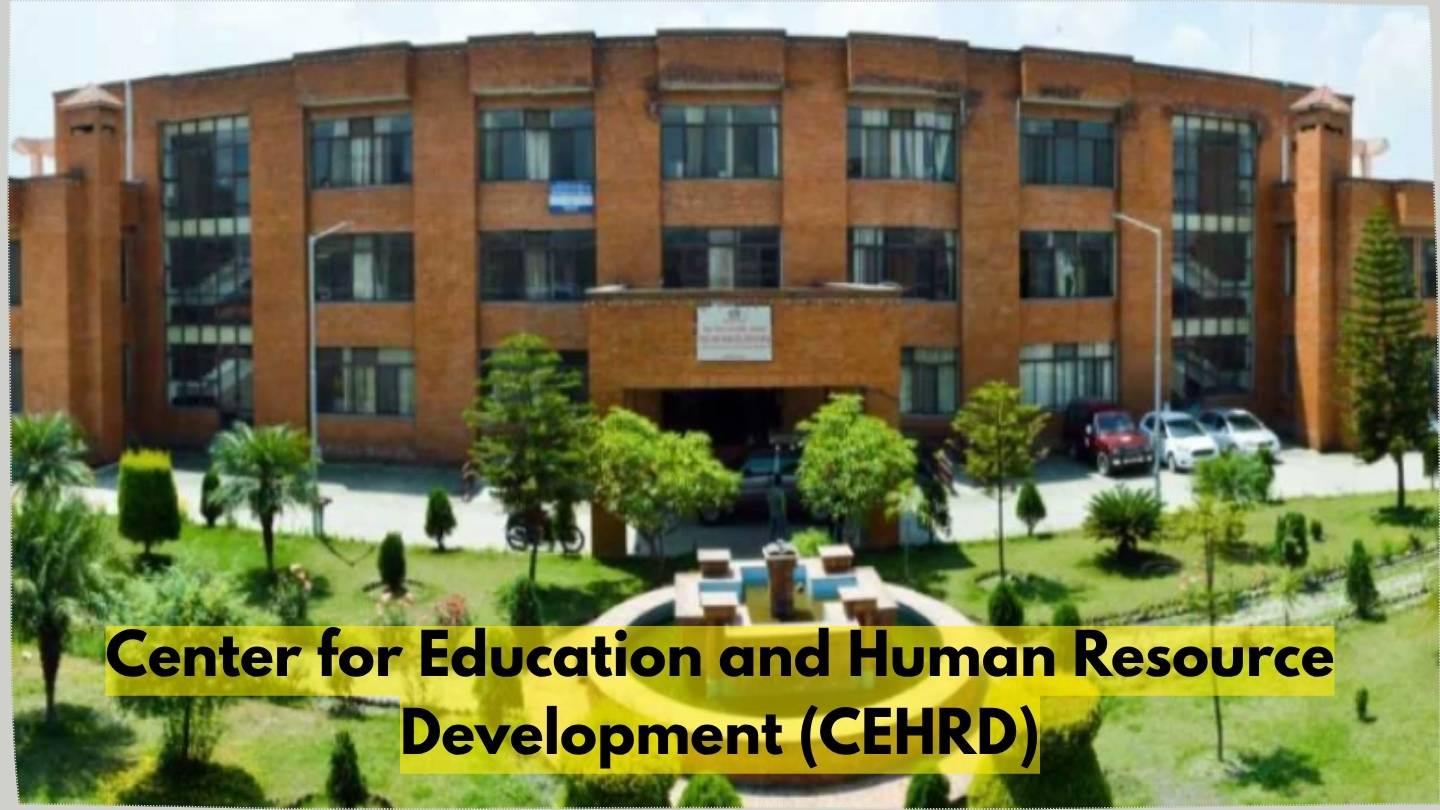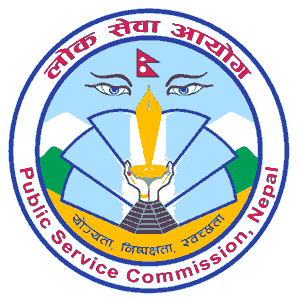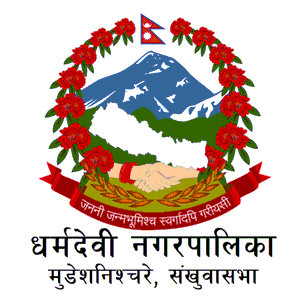Overview
Center for Education and Human Resource Development (CEHRD) [शिक्षा तथा मानव स्रोत विकास केन्द्र -Shiksha Tatha Manav Vikas Kendra] under Ministry of Education, Science and Technology, Nepal.

In Nepal, the Department of Education was established to implement and monitor the policies, plans, and programs run by the Ministry of Education. The Education and Human Resource Development Center (CEHRD) was established to support the development of an educated, cultured, advanced, and dynamic society through quality education.
On Sunday, May 16, 1999, the Government of Nepal published a notice in the Gazette to provide continuity to the programs run by the Basic and Primary Education Project and the Secondary Education Development Project and to activate the Regional Education Directorate and District Education Offices to make the existing educational system of schools more effective under the Ministry of Education. The department has been formed.
Concept of CEHRD:
The CEHRD aims to develop and expand quality education to support the establishment and development of an educated, cultured, advanced, and dynamic society through useful and qualitative education.
The CEHRD envisions making education a driver of development, providing basic education to everyone, and facilitating educational opportunities at the school level to achieve this goal.
The CEHRD's concept is based on the belief that education is crucial for the overall development of society, and it should be accessible to all.
Through its activities, the CEHRD aims to ensure that quality education is provided to everyone, regardless of their socioeconomic background, and that educational opportunities are expanded to promote a dynamic and competitive society.

Aims of CEHRD:
CEHRD aims to provide basic education to everyone, make education a driver of development, and facilitate educational opportunities at the school level.
Strategies of CEHRD:
The strategies of CEHRD include increasing access to education for all, supporting local and community levels, promoting and facilitating harmonious cooperation of public, non-governmental, and private sectors, supporting institutional capacity development, and preparing program plans to increase access to education for the educationally backward classes, groups, and women.
-
Increase access to education for all and develop and expand quality education by making the local level responsible and accountable, decentralizing the right to run schools, and supporting the local and community levels to simplify their role.
-
Promote and facilitate the harmonious cooperation of public, non-governmental, and private sectors to accelerate the development of school education to prepare competitive, timely, and capable manpower.
-
Support the institutional capacity development of departments and offices under them to make service delivery fast, efficient, and effective by making the educational work and process done from the center to the school level transparent.
-
Make all the concerned parties responsible and accountable for the overall development of school education and prepare program plans to increase the access to education of the educationally backward classes, groups, and women.
-
Provide necessary technical support to educational institutions and bodies.
-
Develop the capacity of educational institutions to provide quality education and increase access to education for all.
-
Strengthen the monitoring and evaluation system to ensure the achievement of school education.
-
Guide the relevant educational institutions and bodies and play the role of regulator to achieve the national objective of school education.
Objectives of CEHRD:
The objectives of CEHRD include preparing plans and budgets for basic and primary, lower secondary and secondary education, implementing primary and secondary education programs, supervising, monitoring and evaluating education programs, preparing a plan for the professional development of employees, coordinating with programs of central agencies, providing necessary manpower, and making arrangements for budget expenditure and audit.
-
Prepare plans and budgets for basic and primary, lower secondary and secondary education based on the prescribed policies and regulations and submit them to the Ministry of Education.
-
Implement primary and secondary education programs based on the policies and regulations made by the Ministry of Education.
-
Supervise, monitor, and evaluate programs related to primary, lower secondary, secondary, and higher secondary education and send progress reports to the Ministry and related agencies.
-
Prepare a plan for the professional development of employees and submit it to the Ministry of Education.
-
Coordinate with the programs of central agencies when implementing the programs of the Department of Education and make arrangements for their implementation.
-
Assist by providing necessary manpower for the various programs conducted at the regional and district levels by the Ministry of Education and related agencies.
-
Make the budget expenditure of the educational programs run with the help of donor organizations from the relevant agencies and make arrangements for its audit and also to make arrangements for taking inquiries on time.
Overall, The Education and Human Resource Development Center (CEHRD) is committed to providing quality education to support the development of an educated, cultured, advanced, and dynamic society in Nepal. Its objectives and strategies aim to increase access to education for all and make the educational system more effective and efficient.
Contact Details:
Center for Education and Human Resource Development
Sanothimi, Bhaktapur
Phone: +977-1-6631075, 01-6633027
Fax: +977-1-6633027
Email: info@cehrd.gov.np
Website: https://cehrd.gov.np/




